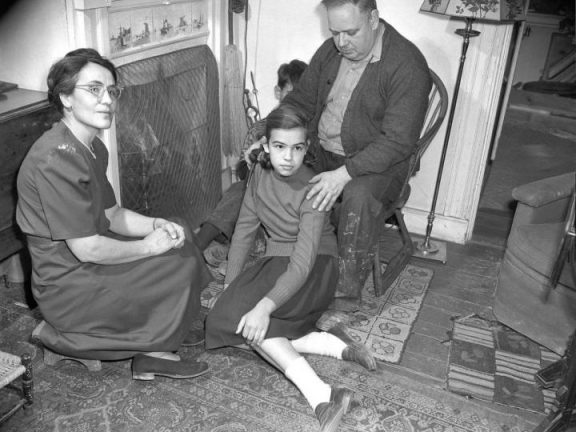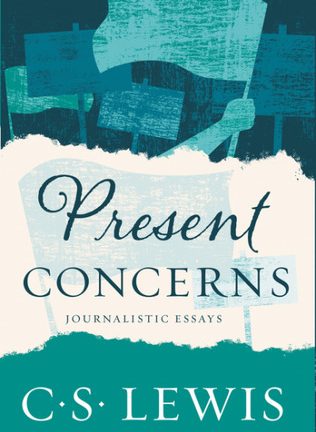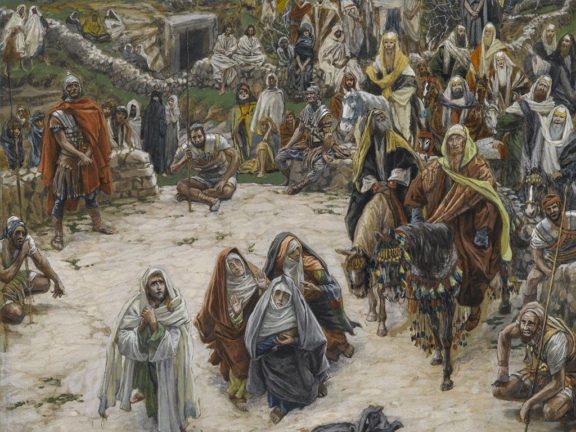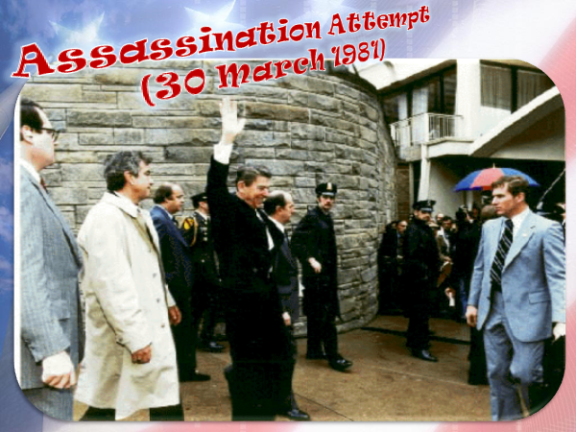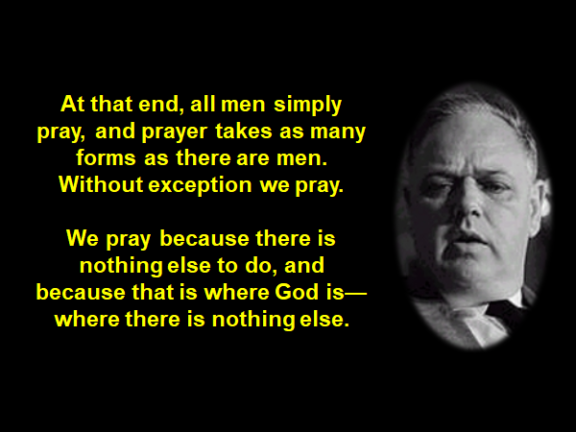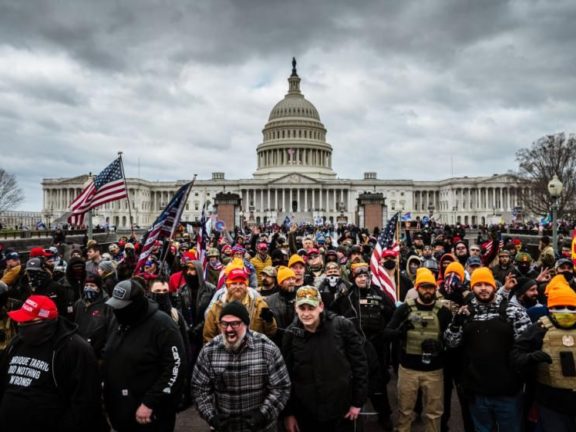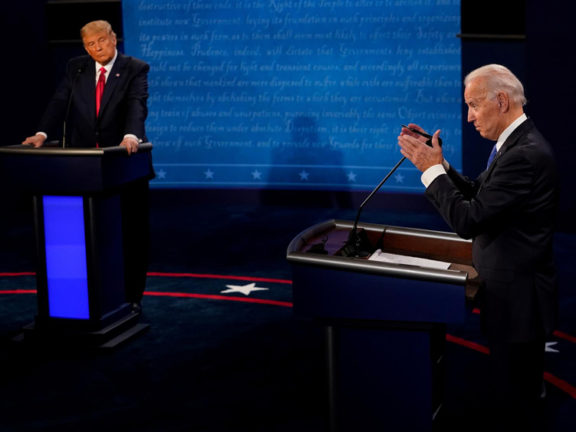Being Ready for the Transition from Temporary to Eternal
How do we respond when we think we are on the edge of death? It happened to me once in a car accident on a lonely, and icy, country road. As my car careened across the middle line straight into the headlights of a car coming from the other direction (we were the only cars anywhere in sight), I wondered if this was it. Was I ready spiritually to be face-to-face with my Lord? As I was teaching my course… Read more »

